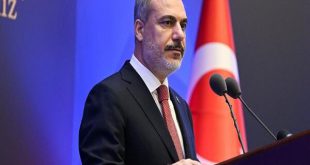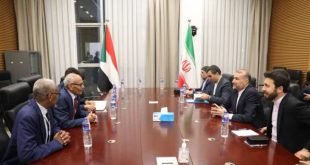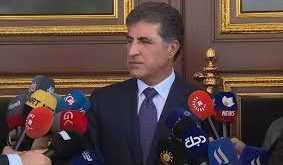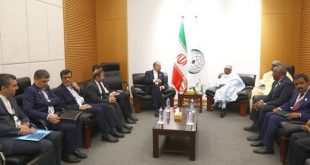SAS and other British special forces have been involved in covert operations in 19 countries in the past dozen years, including in Nigeria, the Philippines and Russia, as well as in Syria, Ukraine and most recently Sudan, a study published by the Guardian reveals.
The elite military units operate in secret, without ministers publicly confirming their activities. But a research group, Action on Armed Violence, has compiled a list of their activities since 2011 based on media leaks, the paper reported Tuesday.
It paints a picture of members of the SAS, Special Boat Service and Special Reconnaissance Regiment, being repeatedly deployed by the prime minister and defense secretary to conduct high-risk missions, typically where the UK is not at war.
Special forces have been particularly active in Syria, with reports of them entering the country from 2012 to help terrorist groups fighting against President Bashar al-Assad. They are also reported to have been sent in 2013 to identify military targets in advance of a bombing campaign that MPs ended up voting against.
But such was the obsession with secrecy that when one SAS member, Matt Tonroe, was killed by in Syria in 2018, he was officially described as a member of the Parachute regiment, the report said. It later emerged he was not killed by an improvised explosive device but by the accidental detonation of a grenade carried by his U.S. colleague.
Fifty members of UK special forces were listed as being present in Ukraine earlier this year in leaked Pentagon papers, although Britain is not formally party to the conflict; by contrast, the numbers from the U.S. and France were listed as 14 and 15, respectively. Their purpose, however, was not stated.
The authors of the report said that the extensive list of deployments came despite a lack of oversight. While convention dictates that MPs have to vote for a war, special forces can be deployed without Commons approval – and their actions are not subject to investigation by any parliamentary committee, the Guardian said.
At one point, shortly after 38 people – including 30 Britons – were killed at a beach hotel in Tunisia in June 2015, it was reported that the SAS had been given “carte blanche” by David Cameron, who was then prime minister, to capture or kill “Islamist” leaders in the Middle East.
“The extensive deployment of Britain’s Special Forces in numerous countries over the past decade raises serious concerns about transparency and democratic oversight,” said Iain Overton, the executive director of AOAV. “The lack of parliamentary approval and retrospective reviews for these missions is deeply troubling.”
This March, however, a public inquiry began into allegations that the SAS were responsible for 54 summary killings in Afghanistan in 2010 and 2011, typically
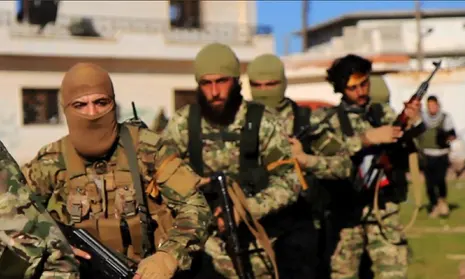
Involved in Covert Operations in 19 Countries Guardian: UK Special Forces Helped Terrorists in Syria
on night raids. Men were separated from their families and repeatedly shot dead after being said to have produced a weapon.
Special forces took part in the rescue of two dozen British diplomats and their families from Khartoum in April after the outbreak of fighting in Sudan, evacuating them to an airfield north of the capital, when they were at risk of coming under attack.
At the time, the Tory MP Ben Wallace, who is now defense secretary, praised the military effort involved. However, the Ministry of Defense said the operation involved members of the Parachute regiment, the Royal Marines and the RAF but it did not mention special forces.
The only deployment in Russia mentioned in the media dates back to 2014, when a tabloid newspaper reported that SAS soldiers were “on hand” to protect the security of British athletes at the winter Olympics in Sochi.
The full list of countries also includes Algeria, Estonia, France, Oman, Iraq, Kenya, Libya, Mali, Cyprus, Pakistan, Somalia and Yemen.
It was sent to the Ministry of Defense, although the ministry routinely says it does not comment on the activity of special forces.
An MoD spokesperson said: “It is the longstanding policy of successive governments not to comment on UK Special Forces.”
 صراط عشق صراط عشق
صراط عشق صراط عشق
